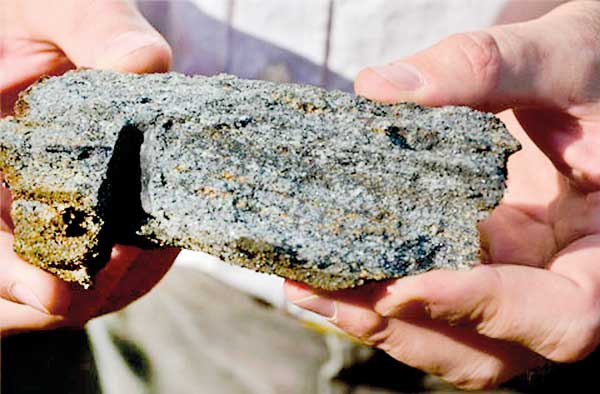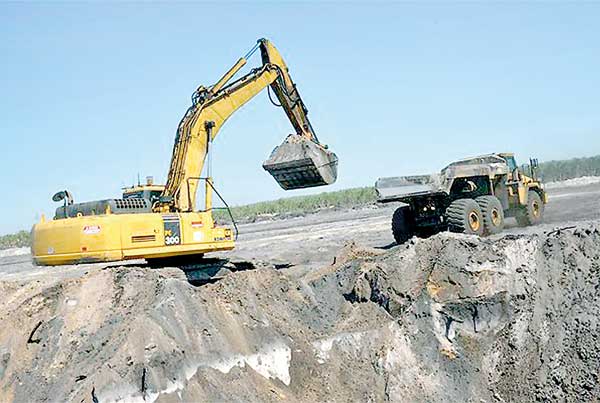23 Oct 2013 - {{hitsCtrl.values.hits}}
.jpg) Two recent news items in the local print and electronic media on exploration activities by foreign companies prompted me to write this article to highlight the legal implications involved under the Mines and Minerals Act No 33 of 1992 (MM Act), Mines and Minerals (Amendment) Act No.66 of 2009 and Regulations made by the then Minister of Industries, Science and Technology under Section 64 to read with Section 34 of the Mines and Minerals Act No.33 of 1992.
Two recent news items in the local print and electronic media on exploration activities by foreign companies prompted me to write this article to highlight the legal implications involved under the Mines and Minerals Act No 33 of 1992 (MM Act), Mines and Minerals (Amendment) Act No.66 of 2009 and Regulations made by the then Minister of Industries, Science and Technology under Section 64 to read with Section 34 of the Mines and Minerals Act No.33 of 1992.

26 Nov 2024 27 minute ago
26 Nov 2024 31 minute ago
26 Nov 2024 35 minute ago
25 Nov 2024 25 Nov 2024
25 Nov 2024 25 Nov 2024